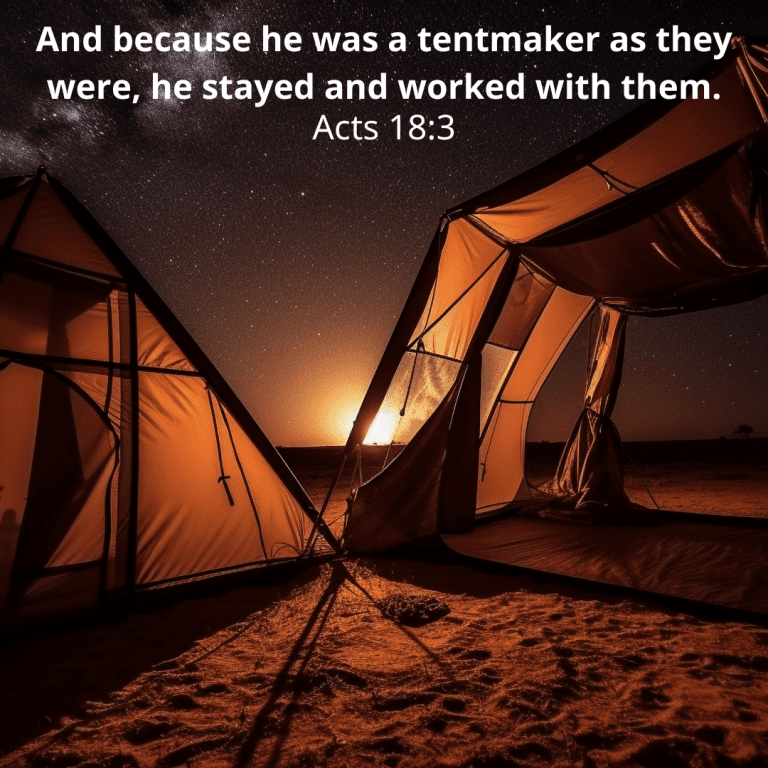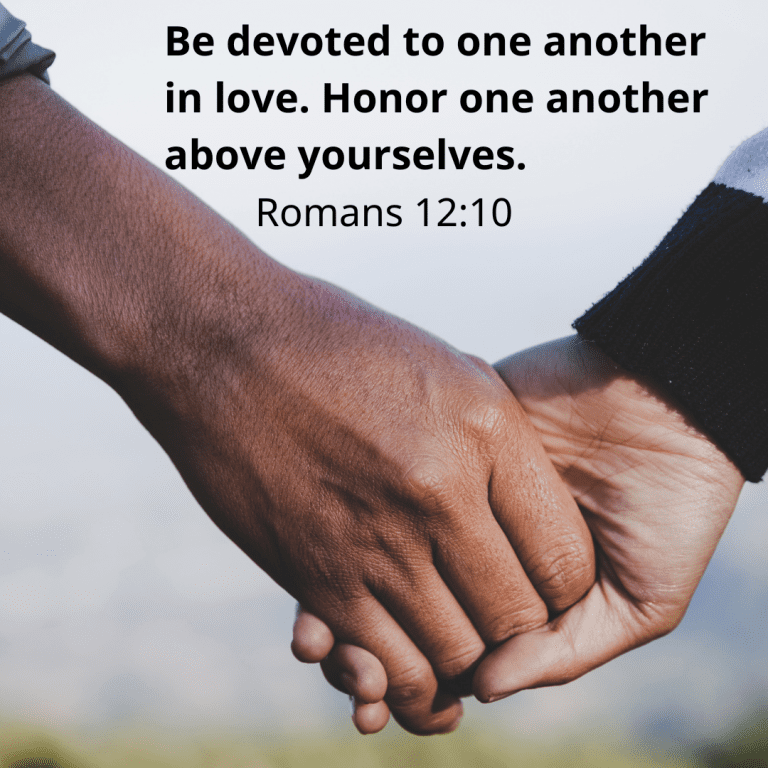Dhuŋun dhina dhiŋir dhina dhuthi Ibraahiim
1 Abi alŋa larakwai gwan Ibraahiim gwina gwiro babo gwega? Gi dhuŋun dha aŋinu gwibujo aŋa? 2 Abi ada Ibraahiim gwima iŋirini ŋiro ŋai, gwuthi dhuŋuna dha dhare ŋamilai; abi dhati gi je ganu ja Kalo no. 3 Kitham garakwai? A Ibraahiim uminyi Kaloŋa, aldhurejo dhuŋuna dhina dhiŋir. 4 Abi gwina gwathapai ŋiro gwati gwaldhurejo ujra yuŋun gi dhuŋun dha niⓐma no, abi gi dhuŋun dha gamju. 5 Abi gwina gwati gwathapai ŋiro no, ŋwubuminyi ŋeduŋw gwina gwathiŋiriye lijo lina lati luminyu dhuŋuna dha Kalo no, a imaan gwuŋun gwadhuredhijo dhuŋuna dhina dhiŋir. 6 Gwiro ŋinena arna Daawud ko gwan baraka gwa kwiji, gwina gwima Kalo dhuredhijo iŋiruŋw gwuŋun gwati gi ŋiro ŋuŋun no. 7 Iŋiriyul dugore lina limal Kalo dhudhanijo ŋida ganu ŋegen ŋina ŋike, a ŋwugiriba ŋida galo ŋegen ŋina ŋike. 8 Kwiji gwiŋir dhugore gwina gwati gwa Kweleny dhurejo ŋida ŋuŋun ŋina ŋike no.
9 A minoŋ baraka ibigwa gwiro gwan liji lina lurtedhinu dogo a? i gwan liji lina lati lurtedhinu ko no. Ŋinena arilnu gwimadhuredhijo Ibraahiimuŋw iŋiruŋw imaan gwai. 10 Abi akwai gwidhuredhijuŋw? Dina muŋw uredhini, i kwereny nanaŋ gwati gwuredhinu no. Gwati gi uredhini no, ŋwubiro gi gwina gwati gwuredhinu no. 11 Gwapo ⓐalaama gwa uredhini, gwina gwiro khithm ga dhuŋun dhina dhiŋir dha imaan gwina gwijo dugun gwina gwati gwuredhinu no; duŋwuro babo gwa liji peth lina luminyu, lina lati lurtedhinu no; dil dhuŋun dhina dhiŋir dhuredhijo iŋiruŋw ko. 12 A babo gwa urtedhini degen lina lati lurtedhinu dogo no, abi lina lathelila ko gi ŋwora ŋwa imaan gwina gwuthi babo gwega gwina gwan Ibraahiim, gwina gwijo dugun kwereny nanaŋ gwoma gwati gwuredhinu no. 13 A minoŋ gwati naamuus gwai dhiro dhuŋun dhina dhabiŋaijuŋwdhai Ibraahiimuŋw, i gi ŋwulaŋ ŋwuŋun no darnu lapai ŋelenya ŋa gidhila, abi dhuŋun dhai dhina dhiŋir dha imaan. 14 Abi ada lina liro la naamuus limapai ŋelenya, a minoŋ imaan gwimarujini tur, a dhuŋun dhina dhabiŋaijildhai dhimarujini tur. 15 Ŋinena naamuus gwathapai kuŋw dhugore; ŋinena ada naamuus gwati gwimaje no, a ŋidi ŋina ŋike ŋati ko no. 16 Gi dhuŋun ibidha imaan gwai, di dhuŋun dhina dhabiŋaijildhai je niⓐma gwai; duŋwuro titiganu di ŋwulaŋ peth; a dhati dhiro gi lina liro la naamuus dogo no, ŋwubiro ko gi lina lijo gi imaan gwa Ibraahiim; gwina gwiro babo gwega peth. 17 (Gwiro ŋinena ulinuŋwna, Nyi gwimaŋa ruje babo gwa Liumam loinyadho,) gi je ganu ja Kalo, gina gimaŋa uminyi gina gathilmidhiye lina laio, a ŋwurnie ŋida ŋina ŋati ŋijo no ŋiro ŋinena ŋijo. 18 Gwina gwati gwuthi dhunijuŋw no gwuminyu dhunijuŋw, duŋwuthi ŋoma ŋwuro babo gwa Liumam loinyadho, gwiro ŋinena arna, A minoŋ ŋwulaŋ ŋwuŋa ŋwaje. 19 A ŋeda gwati gwimulo nono gi imaan no, athuŋw dhuredhi aŋina yuŋun darnu iro ŋinena imai no, dina uthuŋw jidhileo dure‐thudhina, i kwa gwuŋun gwina gwan Saara gwina gwiro ludum. 20 A gwati gwubo galo dina athuŋw uthi imaan gi dhuŋun dhina dhabiŋaijidhai Kalo no; ŋwubibur nono gi imaan, ŋwudhedha Kaloŋa majdh. 21 Gwiliŋidhi momaŋ darnu dhuŋun dhina dhabiŋaijildhai, ŋeda gwuthi ŋoma duŋwapai ko. 22 A minoŋ ko ŋwudhuredhijo iŋiruŋw. 23 Abi dhati dhulinu gwan ŋeda dogo, darnu dhadhuredhijo ŋeduŋw cucun no; 24 abi dhan alŋa ko lina laji lalidhuredhijo lina luminyi ŋeduŋw, gwina gwidireyo Yasuuⓐuŋw dai gwina gwiro Kweleny gwega, 25 gwina gwidhedhinu dai gwan ŋidi ŋega ŋina ŋike, ŋwubidirini dai gwan iŋirini gwega.
The Example of Abraham
1 What shall we say, then, of Abraham, the father of our race? What was his experience? 2 If he was put right with God by the things he did, he would have something to boast about—but not in God's sight. 3 The scripture says, “Abraham believed God, and because of his faith God accepted him as righteous.” 4 A person who works is paid wages, but they are not regarded as a gift; they are something that has been earned. 5 But those who depend on faith, not on deeds, and who believe in the God who declares the guilty to be innocent, it is this faith that God takes into account in order to put them right with himself. 6 This is what David meant when he spoke of the happiness of the person whom God accepts as righteous, apart from anything that person does:
7 “Happy are those whose wrongs are forgiven,
whose sins are pardoned!
8 Happy is the person whose sins the Lord will not keep account of!”
9 Does this happiness that David spoke of belong only to those who are circumcised? No indeed! It belongs also to those who are not circumcised. For we have quoted the scripture, “Abraham believed God, and because of his faith God accepted him as righteous.” 10 When did this take place? Was it before or after Abraham was circumcised? It was before, not after. 11 He was circumcised later, and his circumcision was a sign to show that because of his faith God had accepted him as righteous before he had been circumcised. And so Abraham is the spiritual father of all who believe in God and are accepted as righteous by him, even though they are not circumcised. 12 He is also the father of those who are circumcised, that is, of those who, in addition to being circumcised, also live the same life of faith that our father Abraham lived before he was circumcised.
God's Promise Is Received through Faith
13 When God promised Abraham and his descendants that the world would belong to him, he did so, not because Abraham obeyed the Law, but because he believed and was accepted as righteous by God. 14 For if what God promises is to be given to those who obey the Law, then faith means nothing and God's promise is worthless. 15 The Law brings down God's anger; but where there is no law, there is no disobeying of the law.
16 And so the promise was based on faith, in order that the promise should be guaranteed as God's free gift to all of Abraham's descendants—not just to those who obey the Law, but also to those who believe as Abraham did. For Abraham is the spiritual father of us all; 17 as the scripture says, “I have made you father of many nations.” So the promise is good in the sight of God, in whom Abraham believed—the God who brings the dead to life and whose command brings into being what did not exist. 18 Abraham believed and hoped, even when there was no reason for hoping, and so became “the father of many nations.” Just as the scripture says, “Your descendants will be as many as the stars.” 19 He was then almost one hundred years old; but his faith did not weaken when he thought of his body, which was already practically dead, or of the fact that Sarah could not have children. 20 His faith did not leave him, and he did not doubt God's promise; his faith filled him with power, and he gave praise to God. 21 He was absolutely sure that God would be able to do what he had promised. 22 That is why Abraham, through faith, “was accepted as righteous by God.” 23 The words “he was accepted as righteous” were not written for him alone. 24 They were written also for us who are to be accepted as righteous, who believe in him who raised Jesus our Lord from death. 25 Because of our sins he was given over to die, and he was raised to life in order to put us right with God.








